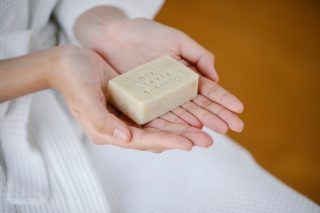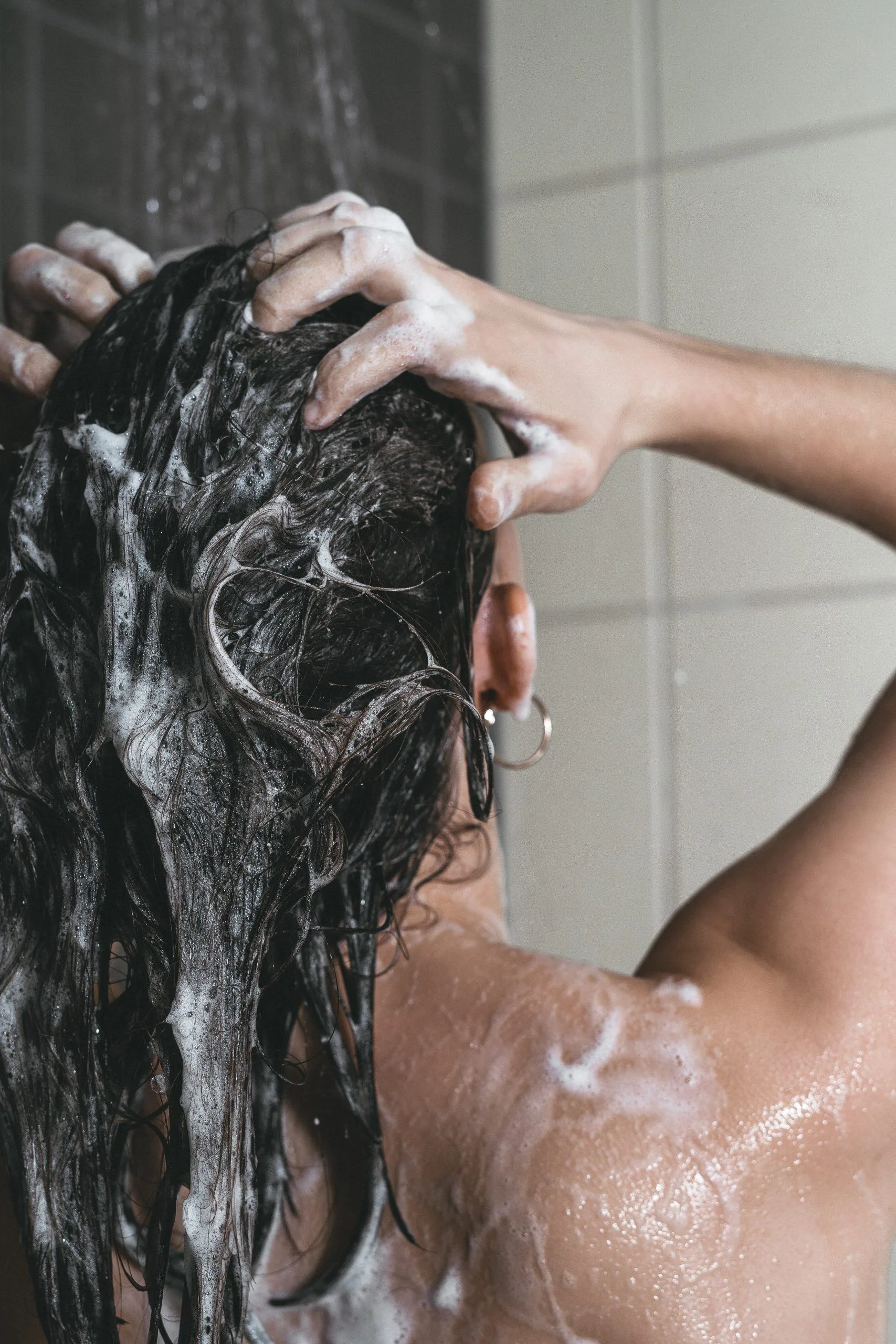We all know that all the single-use plastic items we make use of on a daily basis are no good for the planet. And when it comes to plastic packaging, the beauty industry is one of the biggest offenders. I’m sure that most of us (myself included) use shampoo and conditioner (and any other hair treatments) that come straight out of a plastic bottle. When I eventually come to the end of my shampoo, I do make sure to rinse and recycle. However, even this isn’t the best for the environment. According to an article by Vogue, an estimated 552 million plastic shampoo bottles end up in landfills every year. Enter shampoo bars; they look like basic bar soap…but it’s shampoo. But do they work? What are they like and should we all be aiming to make the switch?
The pros of shampoo bars

Photo by Sarah Chai from Pexels
One of the major and most obvious pros associated with shampoo bars is the reduced impact on the environment. The plastic waste that usually accompanies hair care products like shampoo is no longer an issue; meaning they’re much more environmentally friendly.
They’re also much less big and bulky than traditional shampoo bottles, which makes them a lot easier to travel with. Often, shampoo bars are advertised as lasting longer than traditional shampoo and being better for hair. And they might be better for your hair.
Jamyla Bennu, creator and Grand Mixtress of Oyin Handmade explains that most shampoo bars don’t strip the hair in the same way as traditional shampoos. This is because of the lack of nasty additives, such as ammonium lauryl sulfate and sodium lauryl sulfate. This lack of additives makes them non-irritating which means that it’s likely a great choice if you struggle with sensitivity. Some people who make the switch to shampoo bars find that they no longer need conditioner. However, if your hair is curly, it’s always in the best condition.
Reasons to make the switch
You’ll save water: Yes, you’ll still need water when you use the shampoo bar. Where you help to save water is in the formulation. Traditional shampoos use a lot of water during the formulation process, and it forms a large part of the product itself. Shampoo bars, therefore, are better for the environment.

Photo by SHVETS production from Pexels
The ingredients are more potent: Being formulated with less water also means that the product contains a higher concentration of active ingredients. This means that the hair gets more of the active ingredients which is what it needs.
Save space and cut down on plastic usage: With a shampoo bar, there is no need for any plastic packaging. Inevitably, you’ll free up space in your shower, and you’ll be using less plastic.
Are there any negatives?
Despite all the positive aspects, there are some issues. Master hairstylist, Jon-David told Style Caster that the high concentration of active, cleansing ingredients often means that shampoo bars have a waxy consistency. Unfortunately, this can cause build-up in the hair. Essentially, when the bar comes into contact with water, it reacts and forms a ‘soap scum’ explains Kirsten Connor, a formulator and creator at Flourish Body Care. She says that one way to avoid this is to rinse the hair with apple cider vinegar after washing. This will remove the waxy coating and add shine.

Photo by Greta Hoffman from Pexels
The other issue, and one that I have experienced myself, is tangling. Not only is it a bit of an odd feeling to rub your head with a shampoo bar, but it also has a tendency to cause tangles. Because of the consistency of the bar, you need to move it back and forth over the hair. Inevitably, this causes tangles, especially in wavy and curly hair.
Which one should I choose?
If you do decide to make the switch, it can be difficult to decide which shampoo bar to go for. The options seem endless and can get confusing. The three major types are cold-pressed, glycerin-based, and solid surfactant. Cold-pressed shampoo bars are full of natural oils but don’t contain sodium lauryl sulfate. However, these are the types that most commonly cause buildup and usually necessitate the apple cider vinegar rinse.
On the other hand, glycerin-based shampoo bars tend to be much gentler and pH-balanced. However, some users say they find them less clarifying, and they typically don’t lather. Solid surfactant shampoo bars typically lather well and are pH balanced but can be a little too harsh for some hair types.
Ultimately, the only way to really find out what works for you and your hair type is trial and error. Just make sure that, whichever one you choose, it doesn’t contain sodium lauryl sulfate or sodium hydroxide as these are not great for hair.
References
https://stylecaster.com/feature/should-you-be-using-bar-shampoo-425516/#slide-2
https://www.vogue.com/article/best-shampoo-bars
https://www.carolsdaughter.com/blog/hair/hair-care-tips/shampoo-bar.html





![women [longevity live]](https://longevitylive.com/wp-content/uploads/2020/01/photo-of-women-walking-down-the-street-1116984-100x100.jpg)










